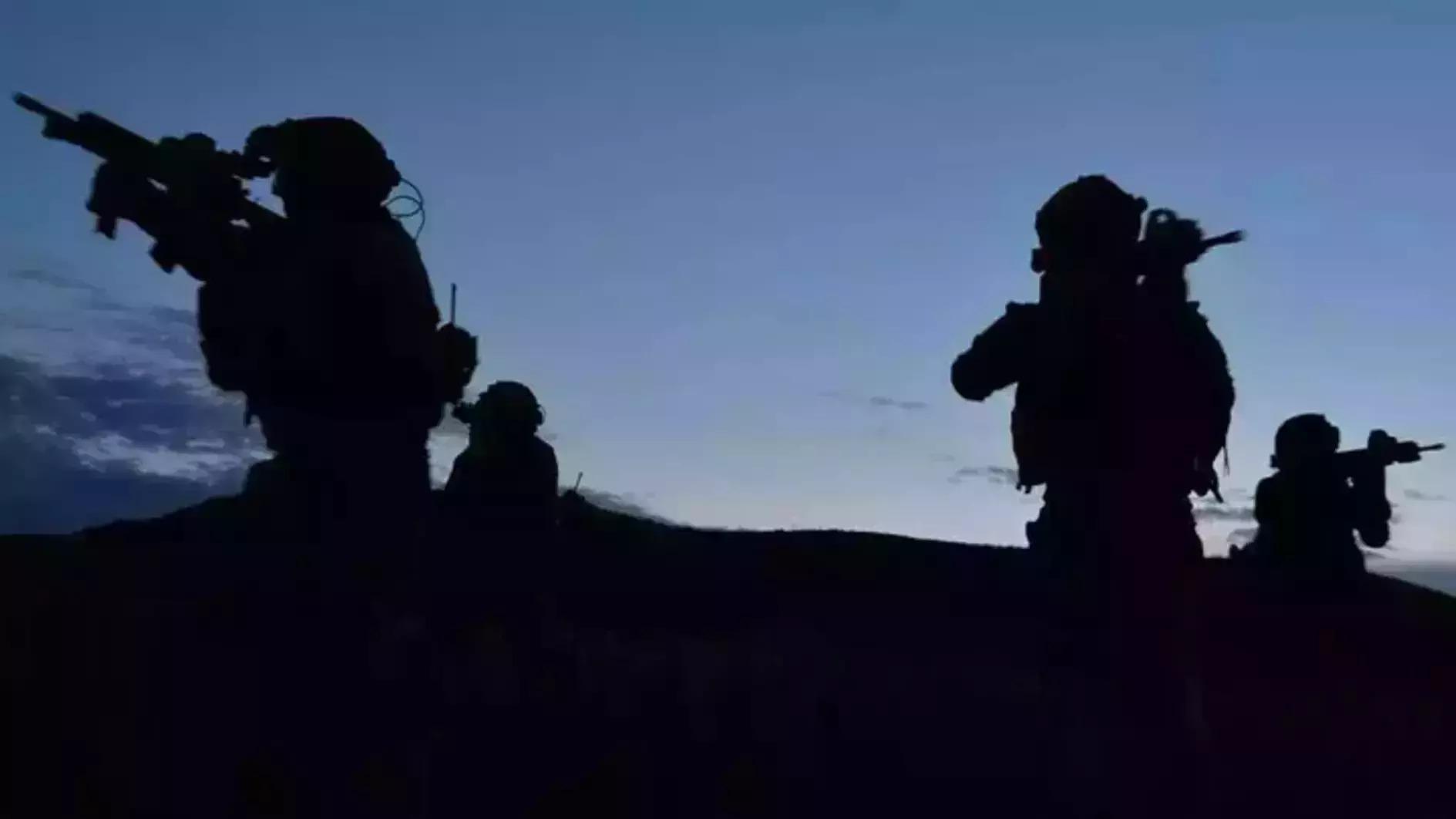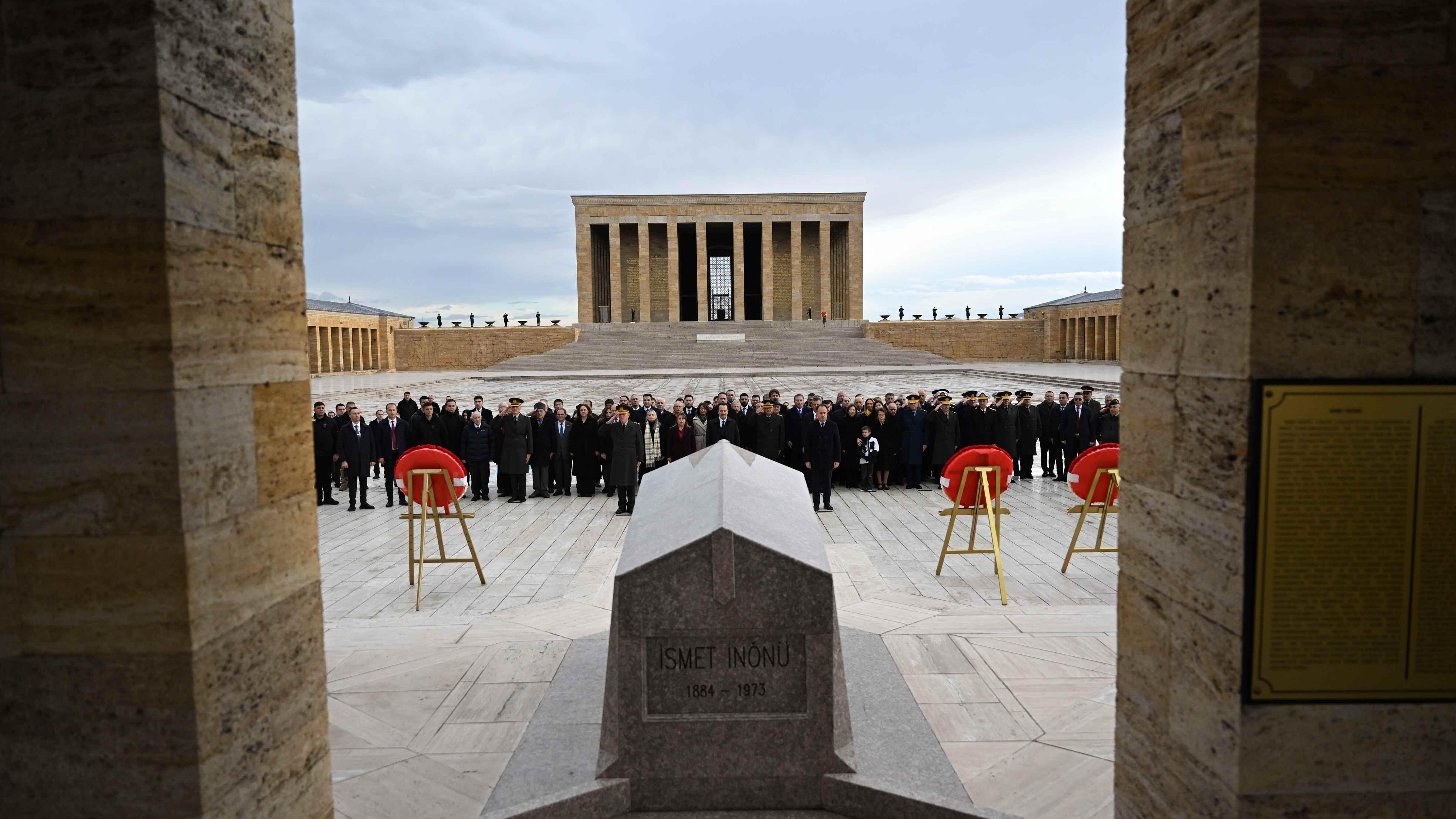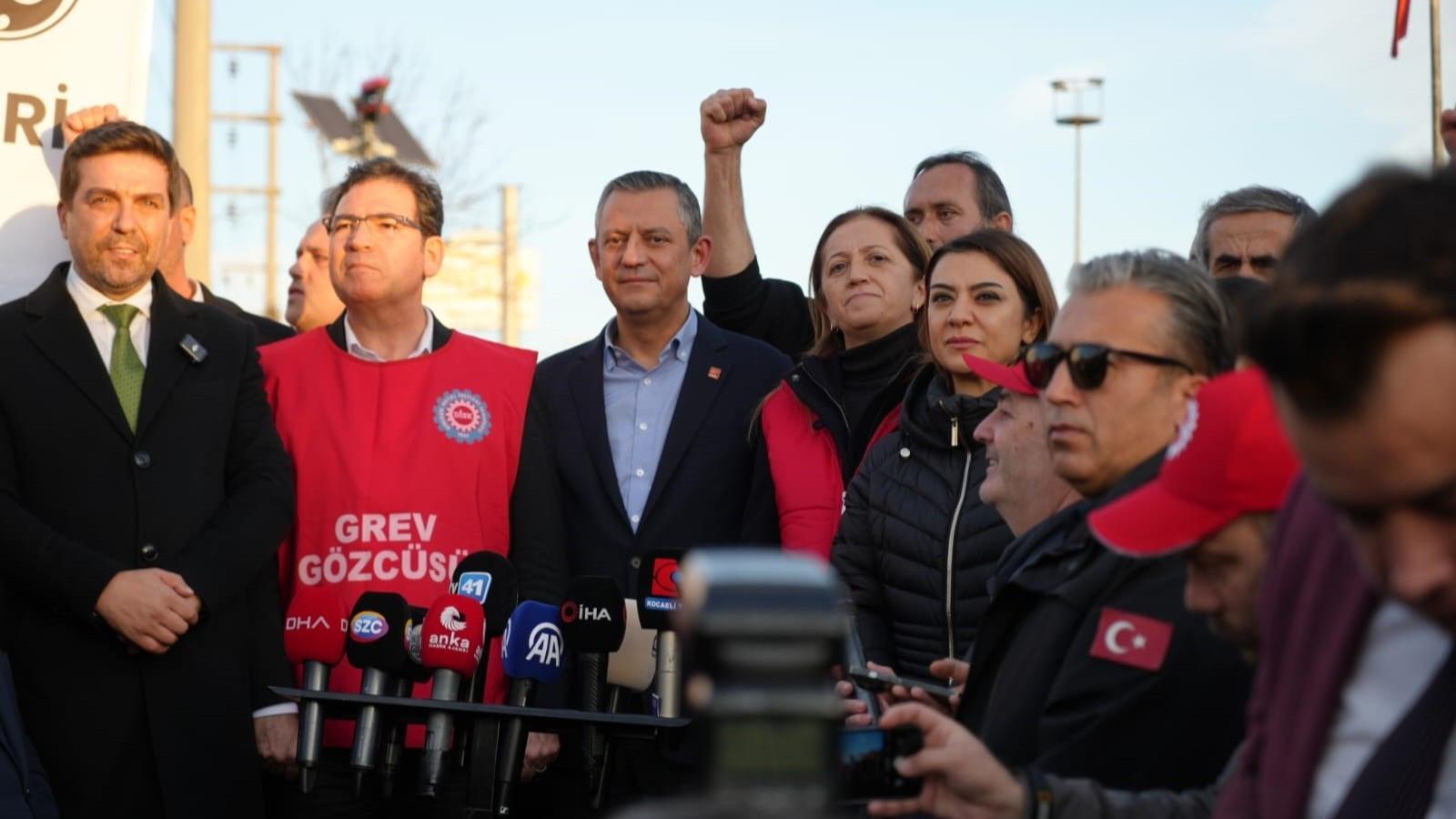Gov’t and Kurds raise the stakes in peace game
Tension surrounding the situation in Kobane, which has been under siege from Islamic State of Iraq and the Levant (ISIL) jihadists for over a month, and the government-led Kurdish peace bid is rising on a daily basis.
The ruling Justice and Development Party (AKP) yesterday introduced a draft law to Parliament to increase the authority of the police as part of the government’s bid not to allow fresh wave of street protests. In reply, the outlawed Kurdistan Workers’ Party (PKK), called for “serhıldan,” a Kurdish word for rebellion.
The government, through intelligence officials, has been in talks with The PKK’s imprisoned leader Abdullah Öcalan, who is serving a life sentence in İmralı Island prison, for over two years to find a comprehensive solution to the decades-long Kurdish problem. However, the process seems to be deadlocked, with the Peoples’ Democratic Party (HDP) having called on its supporters to hold demonstrations in protest at Turkey’s inaction on Kobane.
The violent protests left more than 35 dead, many of whom were killed in clashes between demonstrators and groups of people opposed to them. The government blamed the HDP for the violence, while the HDP blamed the security forces.
The government has recently been opting to use markedly tougher language against the HDP and the PKK, accusing the HDP of “doing politics under the shadow of arms.” Preisdent Recep Tayyip Erdoğan even said “there is no difference to us between the PKK and ISIL,” calling on the U.S.-led coalition to also hit the PKK.
The Turkish military, meanwhile, recently hit the PKK with jets for the first time since the beginning of the talks with Öcalan, saying that the PKK has in the past week attacked tens of military targets.
Yesterday’s call by the PKK, combined with the government’s toughened stance and recent remarks from a senior PKK commander who said the group’s armed fighters had just been sent back to Turkey, could signal a fresh wave of protests and violence.
In yesterday’s statement, the PKK said that people must resist and not allow any arrests to be implemented by the police and military forces.
“Even a single person mustn’t allow him/herself to be arrested at their home, workplace or outside. Each attempted detention must be responded to with resistance,” the statement read, also noting that “people should go neither to the police nor the courts that are all working in order to suppress the freedom struggle of the Kurdish people.”
Meanwhile, the HDP announced yesterday that its parliamentary group deputy chairs Pervin Buldan and İdris Baluken, along with deputy Sırrı Süreyya Önder, will meet PKK commanders in the Kandil Mountains this weekend, followed by a visit to Öcalan on İmralı on Oct. 21. The messages they will take to Öcalan, and his response, will be crucial.
The stakes are now higher in the Kurdish peace process, and if both sides continue to raise the tension we will all lose big.











